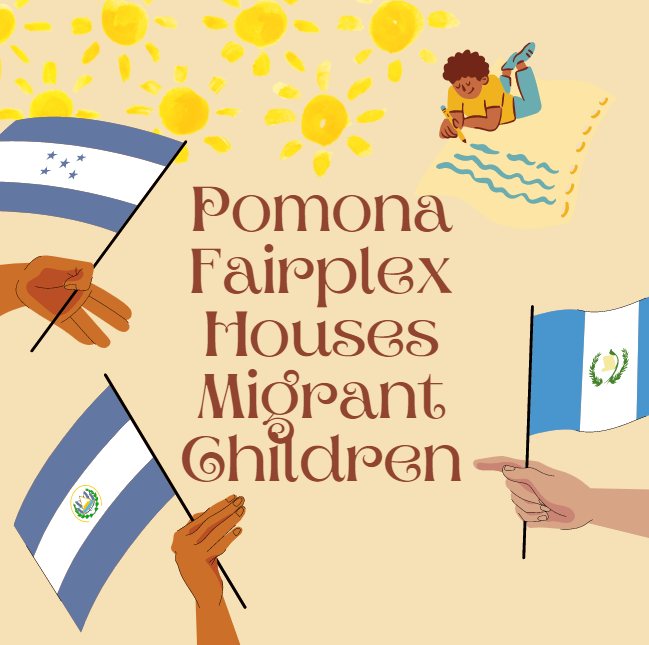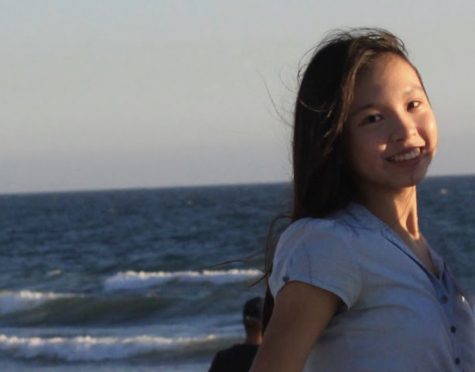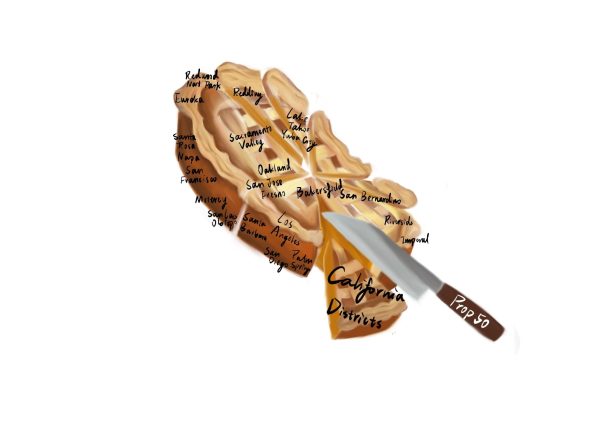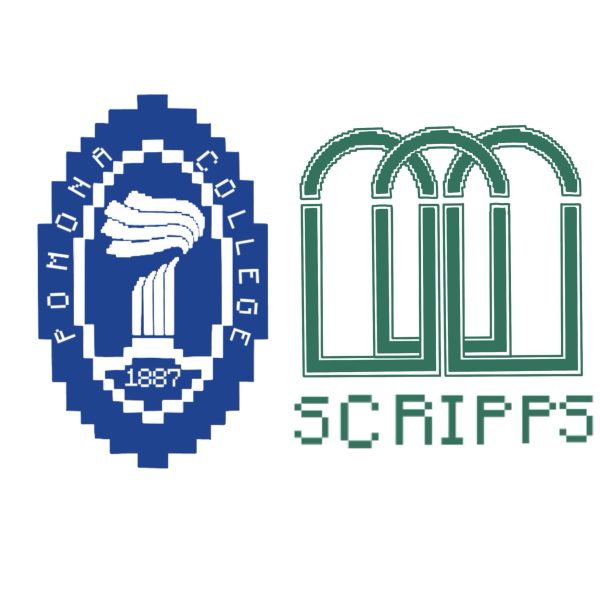The Local Pomona Fairplex Houses Unaccompanied Children
Since May of 2021, the local Pomona Fairplex has been used as shelter for the thousands of children arriving unaccompanied at the US-Mexico border. This is not the first time the Fairplex has housed detainees; following the attack of Pearl Harbor, several thousand Japanese Americans were held on the fairgrounds. While the 1940’s detention camps seeked to unfairly isolate Japanese Americans, today the campgrounds are built upon a foundation of empathy.
Team Hope is a humanitarian-run organization which oversees the sheltering of the migrant children, including the Pomona Fairplex. Serving Under the U.S. Department of Health and Services, their goal is purposeful and compelling: “Providing compassionate care for unaccompanied migrant children.”
The Team Hope website states, “Our goal is to safely and swiftly connect unaccompanied children with family and loved ones.”
“They escort the kids everywhere. For safety reasons, they are constantly under supervision,” an anonymous source, who performed for the children on Mexican Independance Day, said. “The people that work there are young, I’d guess university age. The [migrant] boys and girls are separated, and the young ones and teenagers are separated. It was chill, everyone was laughing. They were in a really good mood.”
“It’s a camp atmosphere. They’re outdoors, playing soccer, eating at picnic tables. And there’s trailers where they have classes.”
The Fairplex has a 487-acre campus which has the ability to hold up to 2,000 children, ensuring they have space for recreation. Their education, mental health, and physical health are all taken into account at the shelter.
“Majority of the kids are coming from Honduras and El Salvador. Very few are from actual Mexico- people think, ‘Oh, everybody’s coming from Mexico’- but that’s not true,” the source said.
The hike from Honduras to the California-Mexico border is roughly 2,500 miles–a deadly stretch of desert. The illegal smuggling business is dangerous, with many migrants left exploited and lost. The children take on a battle greater than one can imagine, and it begs the question: what are they escaping and why?
The Northern Triangle refers to the three countries of Guatemala, Honduras, and El Salvador, a region currently facing violence, economic instability, and climate extremes. Due to low employment opportunity, drug trafficking and organized crime have risen sharply within the past decade. Women and children are most vulnerable to the turmoil of the Northern Triangle.
“Forced recruitment of females to be the girlfriends of gang members (novias de pandillas) and some of the highest femicide rates in the world have produced feelings of personal insecurity that directly contribute to the decisions to migrate” (MPI 2018).
Parent’s decisions to send their children alone is more calculated than one might assume at first glance. To put it simply, unaccompanied children have a greater chance of being granted asylum. “Adults and families who apply for asylum together are sent back to Mexico, but the federal rules are different for unaccompanied kids. They cannot be returned to Mexico. So the migrant parents are taking advantage of this, and sending their children across the border. In the camp, people call it la separación and consider it an act of desperation, and of love” (NPR 2019).
La Separación has proved beneficial, with rising numbers of children miraculously finding their way into the United States and to the safety of shelters like Pomona’s Fairplex. Their futures are uncertain, but their will is strong. Through the widespread support of organizations like Team Hope, more migrants will achieve the simple dream of safety. To support the Fairplex’s children, one can donate to Pomona Community Foundation’s Esperanza Fund at https://www.calfund.org/pcf/.
Hello there! Our goal is to provide relavent, engaging journalism for readers of all ages. Your donation will support the student journalists of the Wolfpacket at Claremont High School, and will allow us to purchase equipment, print our monthly issues, and enter in journalism competitions. We appreciate your consideration!
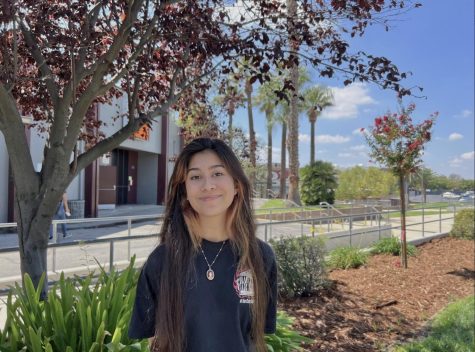
Frida Garcia is a senior at Claremont High School and the Head Features Editor of the Wolfpacket. Besides designing for the features spread, Frida’s...



